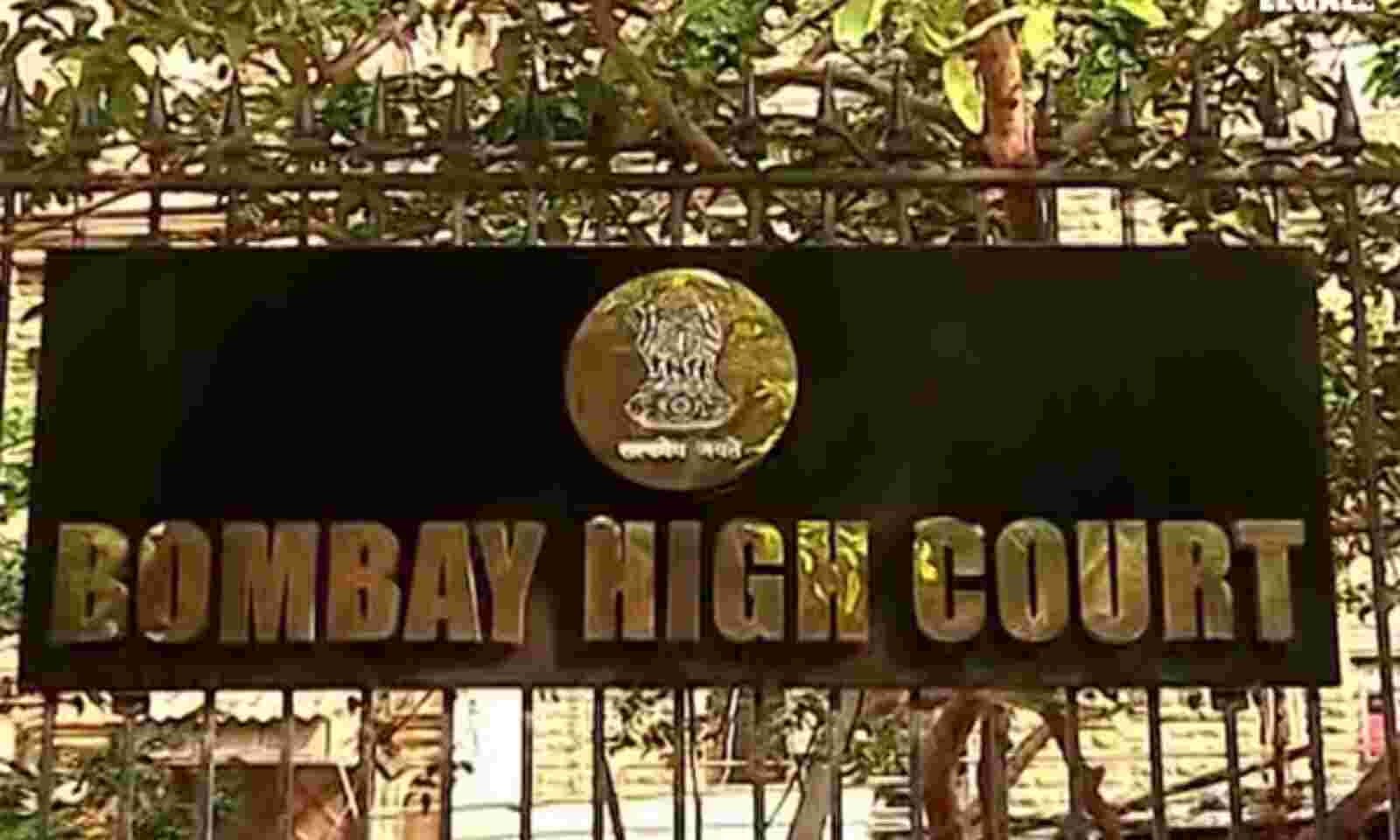


Banks seeking to invoke the Reserve Bank of India's (RBI) Master Circular on wilful defaulters against borrowers must share evidence and pass reasoned orders explaining why it was resorting to such a course, the Bombay High Court recently held [Milind Patel v. Union Bank of India & Ors.].
A division bench of Justices BP Colabawalla and Somasekhar Sundaresan observed that the 2015 Master Circular gave financial institutions powers to inflict drastic civil consequences on borrowers.
However, the RBI intended that this measure be transparent, the Court said.
As per the judgment, transparency would include the following:
- sharing evidence of why circular is invoked against borrower;
- sharing information on the composition of identification and review committees that pass orders declaring that an entity is a wilful defaulter;
- ensuring that committees pass reasoned orders.
The Court explained that borrowers should be granted access to the material on the basis of which the RBI circular is invoked.
The material so shared should include incriminating as well as exculpatory material, the Court added while referring to the Supreme Court's judgment in the T Takano v. SEBI (2022) case. Access to such records is a vital element of complying with principles of natural justice, the High Court said.
The Court further held that the committees that identify wilful defaulters as well as the committees reviewing such decisions must pass reasoned orders.
Information about the members on these Identification and Review Committees of the financial institution must also be shared with borrowers, the Court said.
“Banks and financial institutions that seek to invoke the Master Circular to declare occurrence of wilful default, must identify the members of the Identification Committee and the members of the Review Committee, and share the reasoned orders passed by such committees," the Court's March 11 judgment stated.

Justice BP Colabawalla and Justice Somasekhar SundaresanThe Court made these observation while dealing with a plea by Milind Patel, the former managing director of IL&FS Financial Services Ltd (IFIN), who challenged an order declaring IFIN and its promoters wilful defaulters under the RBI Master Circular.This RBI circular calls for banks / financial institutions to submit data on wilful defaulters to the RBI on a quarterly basis, which is also communicated to the Securities Exchange Board of India and to the Credit Information Bureau (India) Ltd.Patel and IFIN were both served with a common show cause notice under the RBI Circular on July 5, 2022 by Union Bank of India. The bank had sanctioned credit limits of ₹175 crores to IFIN.Patel claimed that the notice merely stated that Union Bank had formed a prima facie view that the noticees deserved to be declared as wilful defaulters in connection with the credit sanctioned to IFIN, but did not set out details of how he was individually involved in the default.Patel was heard by the bank's committees. However, Patel pointed out that despite several requests, he did not receive any document showing the basis on which he was issued the show cause notice.Meanwhile, the committees of the Union Bank issued an order on February 28, 2023, which said that Patel's identification as a wilful defaulter had been confirmed.Patel said that this final order was essentially a reproduction of the show cause notice.Patel sought a re-hearing and a recission of the review committee's February order, which was not granted. This led him to approach the Bombay High Court for relief.The Union Bank defended its conduct by stating that banks were not required to provide any material to prove its allegations against the borrower and that the onus was on Patel to prove his innocence.The Court opined that such a stance was in conflict with first principles of the rule of law in India.“Fair and transparent symmetrical access to information would mean providing access to not only incriminating material but also exculpatory material, since all such information would be relevant for arriving at the truth. Access to the record is a vital element of complying with principles of natural justice,” the Court said.The Union Bank, however, eventually agreed to withdraw its earlier orders against Patel. The Court granted the bank liberty to conduct fresh proceedings from the stage of the issue of show cause notice, after providing Patel proper access to relevant material.The bank assured the Court that it would give full access of relevant documents on record to Patel. This was recorded by the Court in its judgment before disposing of the petition.
TAGS: Bombay High Court RBI Master Circular wilful defaulters